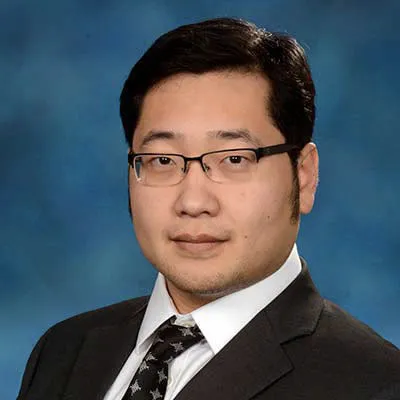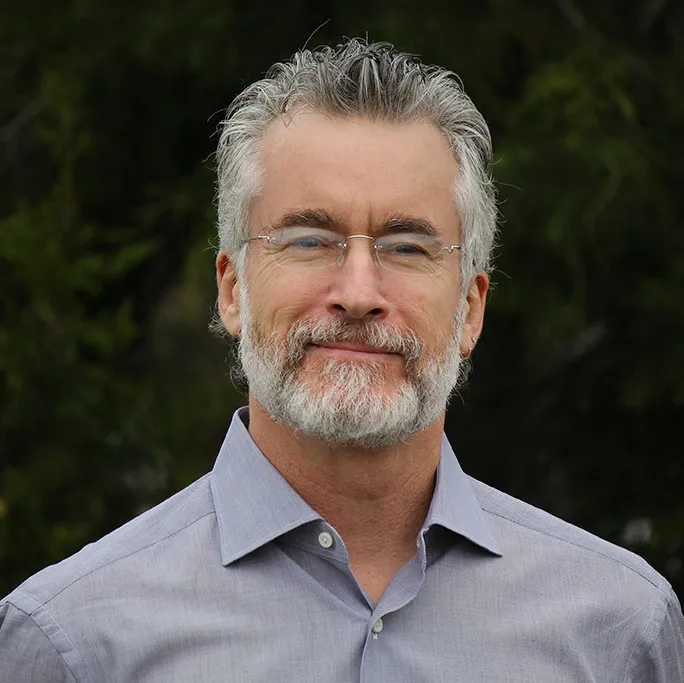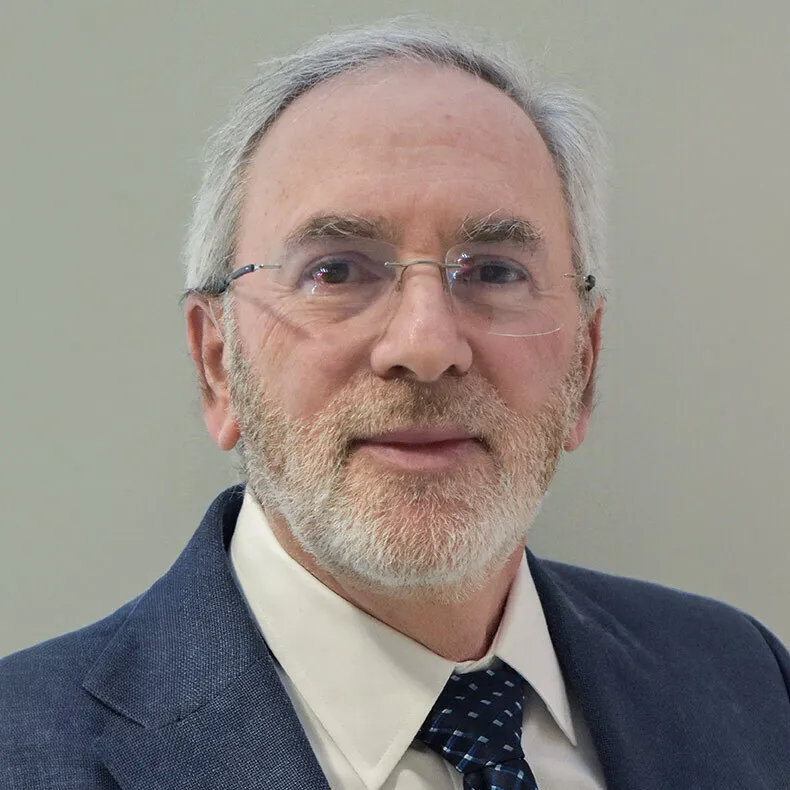- February 06, 2025
- By Maryland Today Staff
Seven faculty members—three from the University of Maryland, College Park (UMCP) and four from the University of Maryland, Baltimore (UMB)—have been appointed 2025 MPower Professors, the University of Maryland Strategic Partnership: MPowering the State (MPower) announced on Wednesday.
All have demonstrated collaboration on strategic research that would be unattainable or difficult to achieve by UMB or UMCP acting independently of one another, and they embrace the mission of MPower: to collectively strengthen and serve the state of Maryland and its citizens.
MPower Professors will each receive $150,000, allocated over three years, to apply to their salary or to support supplemental research activities. These funds recognize, enable and support strong collaborations between faculty in the joint research enterprise between UMCP and UMB.
“I’m deeply inspired by this incredible group of MPower Professors, who are not only dedicating themselves to solving some of the most complex problems facing society, but also embracing the power of cross-disciplinary and cross-institutional collaboration. By working together, we unlock new creative potential and develop innovative solutions that we couldn’t achieve alone,” said UMCP President Darryll J. Pines. “Together, we are stronger."
“Each of the new MPower Professors demonstrates the core ideals of collaboration, innovation and real-world impact,” said UMB President Bruce E. Jarrell. “By bringing together the expertise of our two institutions, these outstanding researchers are advancing scientific discovery and addressing critical challenges that will benefit Maryland and the broader global community."
The new MPower Professors are pushing boundaries at the intersection of data science, genomics, infectious diseases and pain research. Their endeavors range from developing advanced statistical and computational tools to analyze complex biomedical data, to investigating lateral gene transfer in pathogens, creating new anti-tick vaccines and unveiling how stress influences chronic pain. Harnessing cutting-edge methods in bioinformatics, epidemiology and public health, these researchers are shaping the future of biomedical science while informing policies and practices that improve lives.
The 2025 MPower Professors are:

Shuo Chen is a professor in the Department of Epidemiology and Public Health at the University of Maryland School of Medicine (UMSOM). He also serves as the director of Biostatistics and Data Science at both theUniversity of Maryland Institute for Health Computing and the Maryland Psychiatric Research Center. A biostatistician, Chen specializes in modeling complex, structured biomedical Big data using statistical network models and machine learning/AI methods. Chen also has broad experience in collaborative biostatistical research across medical and public health fields. As an advisor to multiple Ph.D. students and postdoctoral fellows from both UMCP and UMB, he is devoted to mentoring the next generation of statisticians and data scientists. Chen received his Ph.D. from Emory University as well as a Master of Science in public health from Emory University.

Michael Cummings is a professor in the Department of Biology in the College of Computer, Mathematical, and Natural Sciences (CMNS) at UMCP and holds a joint appointment at the University of Maryland Institute for Advanced Computer Studies (UMIACS). He also serves as the director of the Center for Bioinformatics and Computational Biology. Cummings’ research involves bioinformatics and computational biology with a particular focus on data analysis that spans a broad range of biomedical problems. He takes a broad data science approach to research with objectives including description, hypothesis generation, hypothesis testing, and prediction, and uses machine learning, statistical and other methods. Cummings is a past recipient of an Alfred P. Sloan Foundation Fellowship and an NVIDIA Global Impact Award. He received his Ph.D. from Harvard University.

Julie Dunning Hotopp is a professor of microbiology and immunology and a scientist at the Institute for Genome Sciences at UMSOM. Dunning Hotopp’s research focuses on the understanding of the “rules of life” through the genomes and transcriptomes of multi-organismal systems, including genomics of numerous pathogens and their hosts. Her most significant scientific contribution relates to the groundbreaking documentation of extensive lateral gene transfer between symbionts and invertebrates. She was also part of a team that discovered two new Y chromosomes in dangerous filarial nematodes that cause tropical diseases that debilitate millions of people globally. Dunning Hotopp obtained her Ph.D. in microbiology and molecular genetics from Michigan State University.

Utpal Pal is a professor of veterinary medicine in the College of Agriculture and Natural Resources at UMCP. He also serves as a molecular and cellular biology professor for the Biological Sciences Graduate Program in CMNS. Pal’s research focuses on common tick-borne infections, primarily Lyme disease. With over 100 publications in reputed academic journals and books, he has provided professional services to federal agencies, such as the U.S. Department of Health & Human Services and the National Institutes of Health (NIH) and has a long-term collaboration with Merck & Co. to develop novel anti-tick vaccines. He earned his Ph.D. and M.S. in zoology from the University of Calcutta in India. He completed postdoctoral training at the Yale University School of Medicine.

Mihai Pop is a professor in the Department of Computer Science in CMNS and director of UMIACS. Pop’s research focuses on the development of sequence assembly algorithms and analysis of genomic data sets. His lab developed widely used computational tools for the analysis of genomic and metagenomic data. A trailblazer in the human microbiome field, Pop is also globally recognized for his efforts to diversify the computer science and computational biology communities while enhancing the international profile of microbiome research at UMB and UMCP through collaboration. Pop earned a Ph.D. and M.S.E. in computer science from Johns Hopkins University.

Fadia Shaya is a UMB Distinguished University Professor in the Department of Practice, Sciences and Health Outcomes Research at the University of Maryland School of Pharmacy, as well as an affiliate professor in the Department of Epidemiology and Public Health at UMSOM. Shaya co-directs the Informatics Core, directs the Dissemination and Implementation Core in the Institute for Clinical and Translational Research and is the executive director of the Population Health Program. Her research, continuously funded externally, is based in human data science, developing methods in pharmacoeconomics, pharmacoepidemiology, public health and clinical informatics to inform practice and policy. Shaya obtained a Ph.D. in health policy, finance and management from the Johns Hopkins Bloomberg School of Public Health, a doctoral health economics degree from the Sorbonne University Paris-IX Dauphine and an M.P.H. from American University of Beirut.

Richard J. Traub is a professor and chair of the Department of Neural and Pain Sciences at the University of Maryland School of Dentistry. He was an early researcher investigating the role of gonadal hormones underlying sex differences in visceral pain and the circuitry and mechanisms contributing to the transition from transient to chronic visceral pain. Most recently, his research focuses on the effects of stress on visceral and orofacial pain using animal models of chronic overlapping pain conditions. Traub served as a regular and ad hoc member for numerous NIH study sections since 2005 and a reviewer for over 25 journals. He earned his Ph.D. in neurobiology from the State University of New York at Stony Brook and completed postdoctoral work at the NIH and the University of Iowa.
